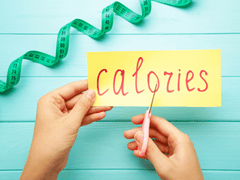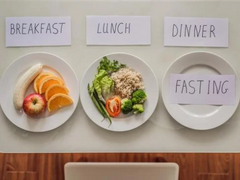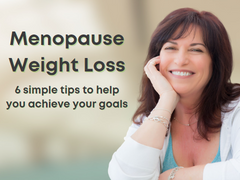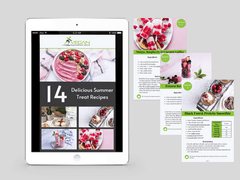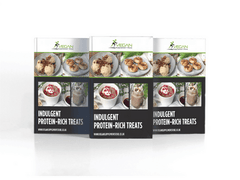3 Essential Vegan Vitamins
There are several essential vegan vitamins that you can supplement to avoid a deficiency. These are three of the essentials that you may consider supplementing.
Vitamin D deficiency is pretty common in both vegans and omnivores, especially in countries like England where the sun practically disappears for half of the year. Vitamin D enhances the absorption of calcium and phosphorus from your gut, as well as aiding your immune system, memory and muscle recovery. However, while vitamin D is important, there are hardly any foods which naturally contain it, which means that a deficiency cannot be fought using food. The main provider of vitamin D is the sun, so exposure to the sun without sunscreen is the best way to ensure you are not deficient. Because this is quite difficult in some countries, and because of the dangers of UV radiation, one of the best ways to ensure you don’t have a vitamin D deficiency is to supplement with vegan vitamins. Some of the symptoms of a deficiency include:
- Getting sick often
- Bone/back pain
- Slow wound healing
- Fatigue
- Depression
- Hair loss
- Muscle pain
By supplementing vitamin D, you can avoid these symptoms. Using these supplements also helps when working out, as it aids your muscles in repairing faster – meaning less DOMS.
Iron is an absolutely essential vitamin, and is used in making red blood cells and carrying oxygen in the blood. There are two forms of iron: heme (which is found in animal products) and non-heme (which is found in plants). Heme iron is more easily absorbed from your diet, vegans are recommended to aim for 1.8 times the RDA. There are, however, plenty of iron-rich vegan foods, such as beans, peas, nuts, dried fruit, and seeds, so getting enough iron is possible. Iron supplements are one of the most commonly taken vegan vitamins, for both vegans and meat-eaters. An iron deficiency, anaemia, has symptoms including:
- Tiredness and fatigue
- Breathlessness
- Pale skin
- Heart palpitations
Less common symptoms include:
- Feeling itchy
- Hair loss
- Headaches
- Tinnitus
- A sore tongue
- Finding it hard to swallow
If anaemia is left untreated you could suffer with a weaker immune system, a higher risk of developing heart or lung complications, and complications in pregnancy. However, too much iron in the body can lead to problems with the heart and liver, so getting a blood test at the doctors to determine whether you have anaemia is recommended before you take iron supplements.
Calcium is another one of the important vegan vitamins (technically a mineral), and is necessary for the maintenance of bones and teeth. It also aids muscle function, heart health and nerve signalling. Vegan sources of calcium include kale, turnip greens, broccoli, mustard greens, watercress, chickpeas, and fortified plant milks. Calcium strengthens the spine and helps to alleviate back pain, helps to protect cardiac muscles, and regulates blood pressure. Unfortunately, vegans are one of the main groups who are at risk of a calcium deficiency, symptoms of which include:
- Chest pains
- Numbness and tingling sensations
- Wheezing
- Fatigue
- Seizures
- Muscle cramps
- Fainting
- Dry skin
- Tooth decay
- Cataracts
A blood test can also tell you if you are deficient in calcium, so if you are worried a doctor can let you know. Like iron, it is important to ensure that you don’t get too much calcium from supplements. This is because excessive calcium can increase the risk of cardiovascular disease and kidney stones.
Vitamin D, iron and calcium are three of the essential vegan vitamins that you may need to supplement in your diet. At Vegan Supplement Store, all of our supplements are entirely vegan, and our health and wellbeing range includes a ton of healthy vitamins and minerals to support your vegan diet.




